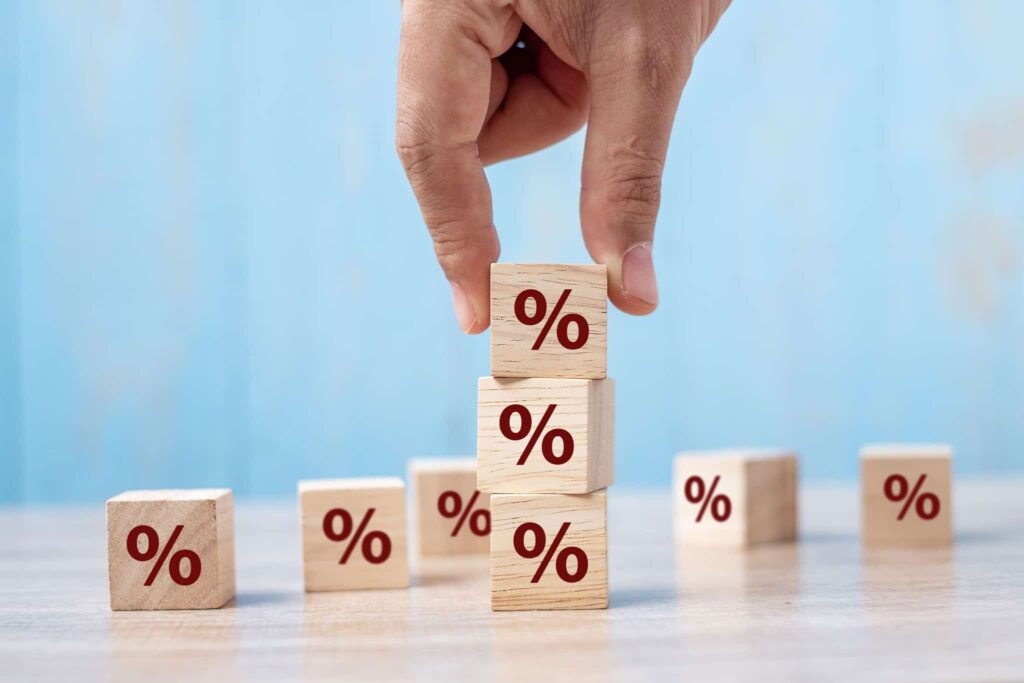The Euribor rate rose today to three and six months, in the shortest term for a new maximum since November 2008, and dropped to 12 months compared to Thursday.
The 12-month Euribor rate, which is currently the most used in Portugal for variable rate housing loans, fell today to 4,045%, minus 0,007 points, after having advanced to 4,193% on July 7, a new maximum since November from 2008.
According to data for May 2023 from the Bank of Portugal, the 12-month Euribor accounted for 40,3% of the 'stock' of loans for permanent home ownership with variable rate. The same data indicate that the six- and three-month Euribor represented 34,4% and 22,8%, respectively.
The average 12-month Euribor rate increased from 4,007% in June to 4,149% in July, plus 0,142 points.
On the other hand, within six months, the Euribor rate, which entered positive territory on July 7, 2022, rose today, having been set at 3,940%, 0,003 points more than on Thursday and against the maximum since November 2008, 3,972%, verified on 21 July.
The six-month Euribor average rose from 3,825% in June to 3,942% in July, up 0,117 points.
The three-month Euribor also advanced today, to 3,743%, plus 0,021 points and a new high since November 2008.
The three-month Euribor average rose from 3,536% in June to 3,672% in July, that is, an increase of 0,136 percentage points.
The Euribor began to rise more significantly from February 4, 2022, after the European Central Bank (ECB) admitted that it could raise the key interest rates due to the increase in inflation in the euro zone and the trend was reinforced with the start of Russia's invasion of Ukraine on February 24, 2022.
At the most recent monetary policy meeting, held on July 27, the ECB raised interest rates again, for the ninth consecutive session, by 25 basis points – as on June 15 and May 04 –, an increase lower than the 50 points base performed on March 16, February 2 and December 15, when the pace of increases began to slow down.
Earlier, on October 27th and September 8th, key rates rose by 75 basis points. On July 21, 2022, the ECB had increased, for the first time in 11 years, by 50 basis points, the three main interest rates.
The ECB's next monetary policy meeting takes place on 14 September.
The three-, six- and 12-month Euribor rates registered all-time lows, respectively, of -0,605% on 14 December 2021, -0,554% and -0,518% on 20 December 2021.
The Euribor are fixed by the average of the rates at which a group of 57 banks in the eurozone are willing to lend money to each other in the interbank market.



















Comments